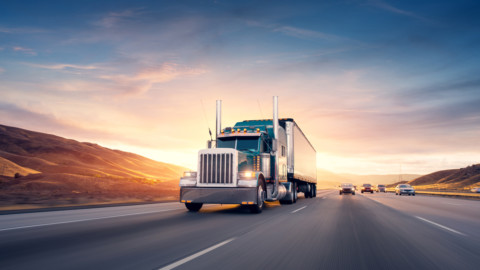The New South Wales Government has released a new net-zero policy for the heavy rail and road freight industry, with the aim of reducing the industry’s carbon footprint.
The Towards Net Zero Emissions Freight Policy focuses on reducing the carbon footprint created by heavy road vehicles and rail freight.
Freight accounts for 25 per cent of total transport greenhouse gases in New South Wales, with demand projected to rise by 34 per cent by 2061.
The new policy aims to see State Government work with the industry to support the transition to low and zero emission technologies.
The first step of the transition will see a two-year trial to give extra mass zero emission heavy vehicles access to the state road network, allowing the industry to invest in the technology without sacrificing the payloads that underpin the freight business.
An online comparison tool has also been developed to support the transition, providing a free resource for the freight industry to source accurate information on the cost and environmental benefits of low and zero emission vehicles.
The Towards Net Zero Emissions Freight Policy is a significant step towards reducing emissions in the transport sector, with the New South Wales Government working to remove barriers to accelerate uptake, while balancing the freight sector’s challenging operating environment.
New South Wales Minister for Transport, Jo Haylen, said that many freight operators have already invested in low emission technologies.
“This policy means that the government is able to support industry to continue to invest in new and emerging technologies and reflects our joint commitment to reduce freight emissions,” Ms Haylen said.
“This isn’t just about cutting emissions and protecting our environment, it’s also about strengthening our economy through driving innovation, creating jobs and increasing competitiveness.”
New South Wales Minister for Regional Transport and Roads Jenny Aitchison, said “The New South Wales Government recognises the unique challenges for regional, rural and remote freight operators in achieving net zero. By working directly with industry we will be able to support them in accessing this innovative technology and ensure regional operators can access the benefits of the transition.”

















